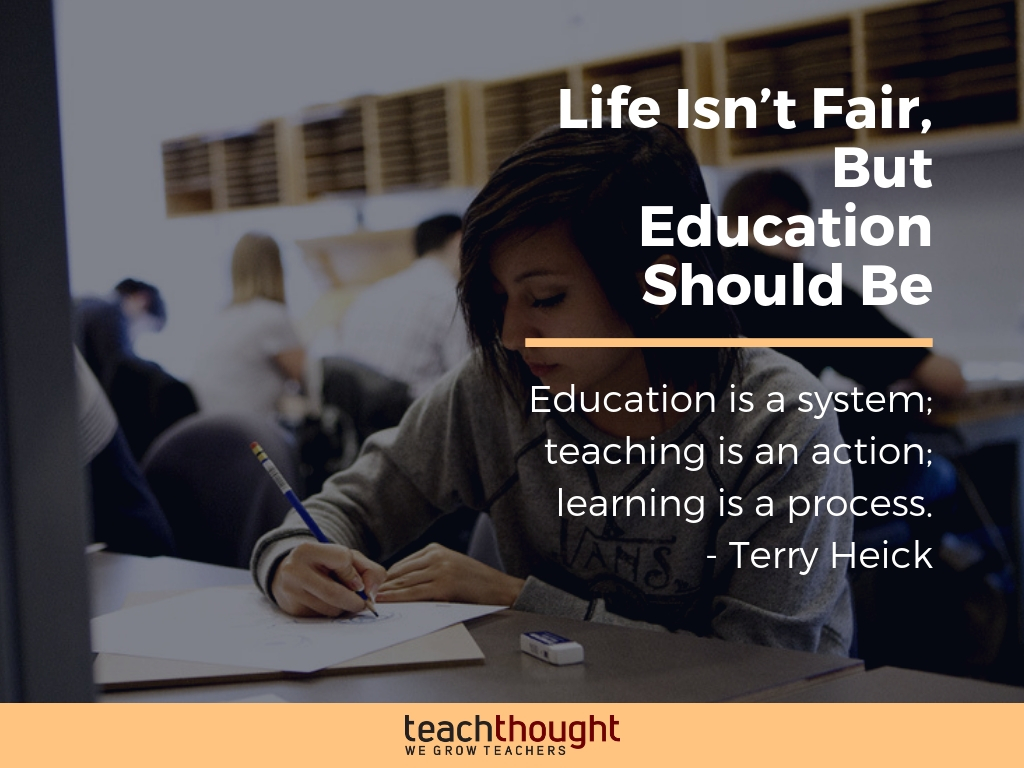
Education, Teaching, & Learning: A System, An Action, & A Process
Let’s take a moment to separate some ideas that get confused.
As a backdrop, let’s consider that there is inherent inaccessibility of education.
There is a sentient that those working from disadvantaged positions should adjust—repackage themselves to find “success” working with a thing’ not designed for them. It’s a fair argument that has as its evidence the continued expenditure of billions of dollars to push that ‘thing’s’ lifeless body along in spite of itself.
But it’s unfair to call education lethargic or fat or unresponsive without calling ourselves out in the process. Education can never be untangled from society. That’s where academia and corporate/industrialist thought gets you.
Some data. 1 in every 15 African American men is incarcerated. One in three will be in prison at some point in their lives. Recently, I’ve seen the statistic floating around that the richest 85 people in the world—people, not %–own nearly half the wealth.
In 2011 in the United States, 1570 children were abused or neglected so badly that they died. Another 680,000 were the victims of some kind of abuse. (1) Like your mom probably told you, life isn’t fair. We possess the imagination to visualize what’s possible but lack the courage to reach out and grab it.
Deepening the issue is the reality that ideas like fairness and justice are really just subjective abstractions. We will never, ever agree on what fairness and justice even mean, much less how to achieve them. So good luck with realizing what we can’t agree on.
We’re also being threatened by our own recreation. In a world full of screens—populated by apps designed to make you happy and give you exactly the experience you want how you want, when you want every single time—there is both opportunity and risk.
Opportunity to see the jaggedness of it all, and the risk that we’ll be so self-absorbed that we won’t.
Life Isn’t Fair, But Education Should Be
I started TeachThought, in large part, for ‘social improvement through learning innovation.’ Awareness leads to possibility and disruption–and it takes powerful learning experiences to make it happen. Proficiency doesn’t do anyone justice.
Learning and technology would erode privilege if life was fair, but it’s not, and they don’t. Some of us are ‘better’ at knowing and mastering the tools, the applications, and the rules. Some of us have better literacy skills than others while others have better business sense, or can tolerate when things go awry better than others. Some of us have stronger resiliency factors or are more creative or empathetic.
So some of us will find success—popularity, inner peace, money, the attractive and trustworthy spouse we’ve always wanted, the department head position or academic title we’ve always wanted—and some won’t. Equity of opportunity and equity of outcomes are different.
But what if it didn’t have to be that way in school? What if ‘grit’ isn’t what we should emphasize in students? Isn’t it that collective ‘grind’ that makes the imbalanced system churn? And so we are creating the imbalance ourselves merely by ‘grinding’ better than the person next to us?
Is this simply nature at work–and so it’s all okay that there are and always have been haves and have nots? Privilege and injustice? Existing ruts in the road we’re born into without knowing?
Should a system of education work like nature?
The Parts Of The System
Education is a system; teaching is an action; learning is a process.
As such, education requires a self-aware and self-correcting set of processes that respond to changes circumstances at every level—culture, literacy, curriculum, assessment, instruction, and so on. When bullying becomes a pastime. When kids can access libraries on their phones but don’t because the way they live doesn’t demand it.
When technology affords access to digital communities that can make all the difference. Where are education’s correcting factors? New standards and standardized test forms every decade? Pay-for-test-performance? ‘Data’?
Education is in the habit of changing for political and imagery and spectacle when it should inherently bleach politics altogether.
The result of any system of education should be full transparency so that it offers itself up selflessly to the people and communities it serves.
And teaching? It requires human beings who can model the kind of humility and struggle and self-delete that is so often not sustainable for the teachers themselves.
As for the students, it requires an awkward and ironic vulnerability on the part of the learner that makes railing against privilege and imbalance all but impossible until they get to college and see what comes at the end of the conveyor belt and get disillusioned fast.
But those are just the pieces. As a whole, more than anything else, education requires citizenship and democracy—people contributing to and caring for the communities they depend on, and then being accountable for the health of those communities through a shared struggle and affection for one another.
(1) http://www.nationalchildrensalliance.org/NCANationalStatistics; Education Is A System; Teaching Is An Action; Learning Is A Process; image attribution flickr user vancouverfilmschool; Life Isn’t Fair, But Education Should Be
